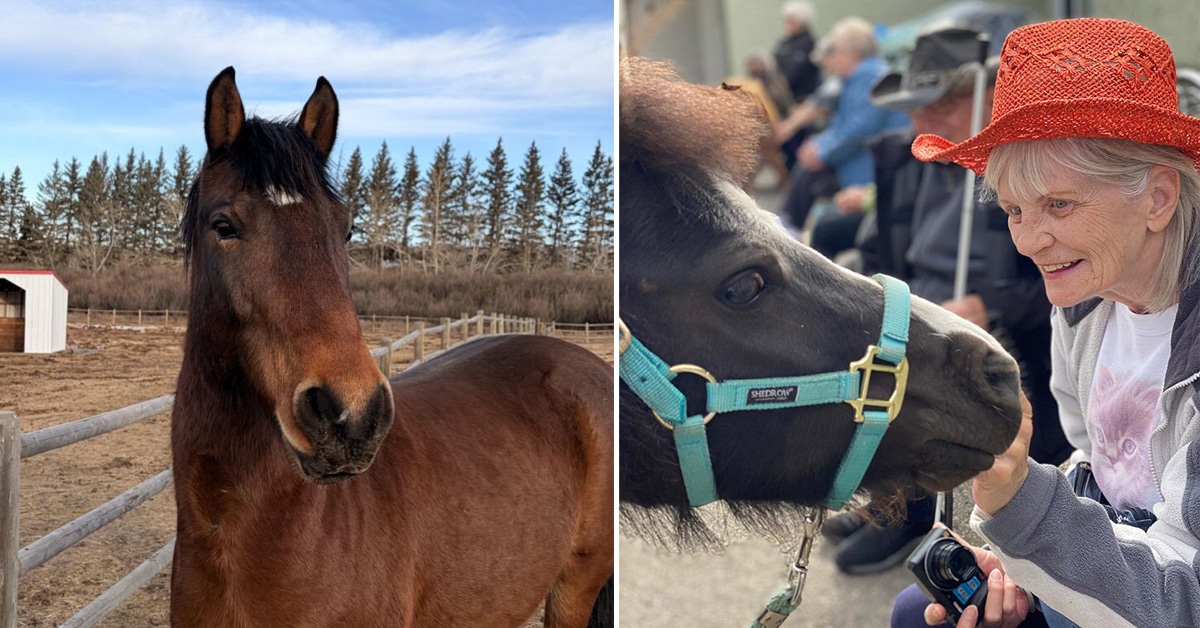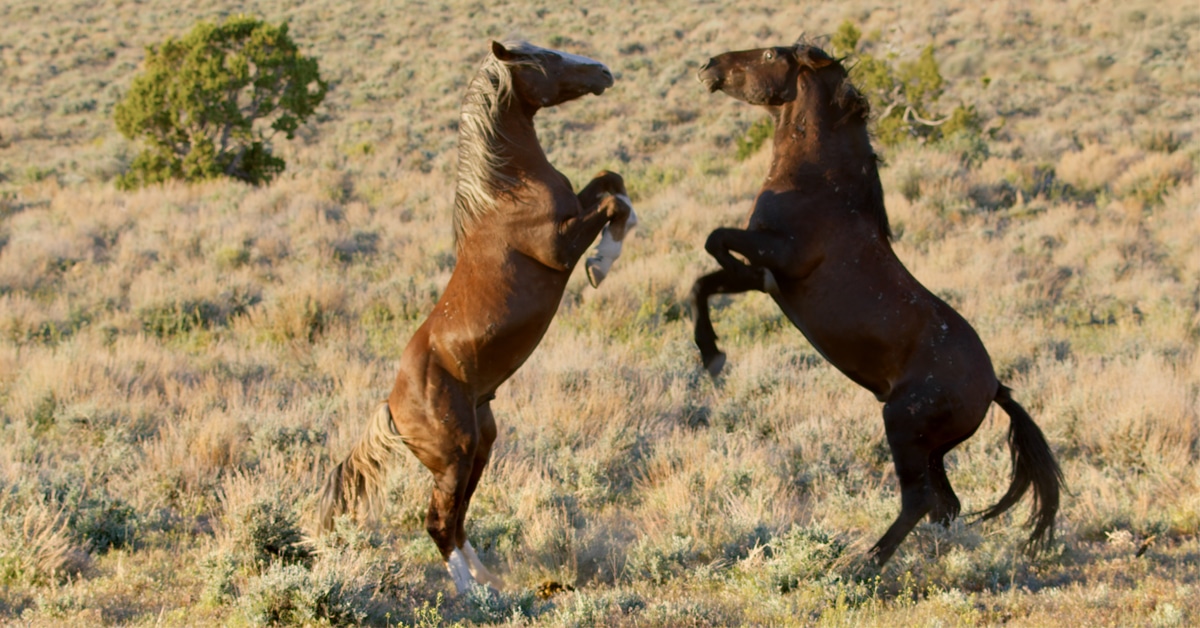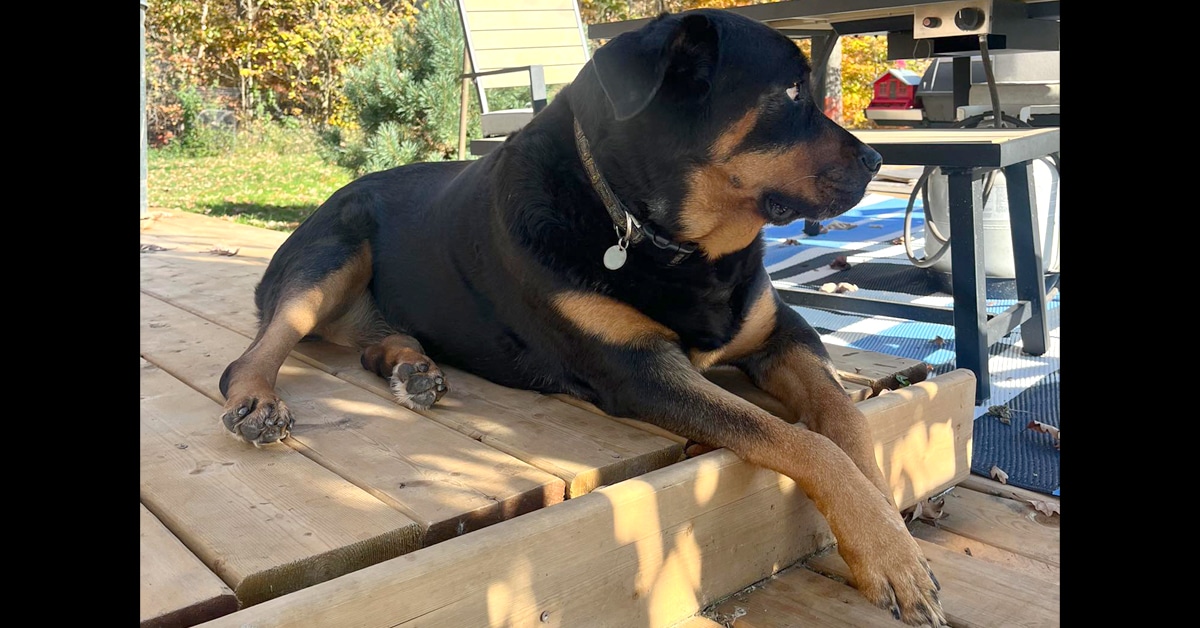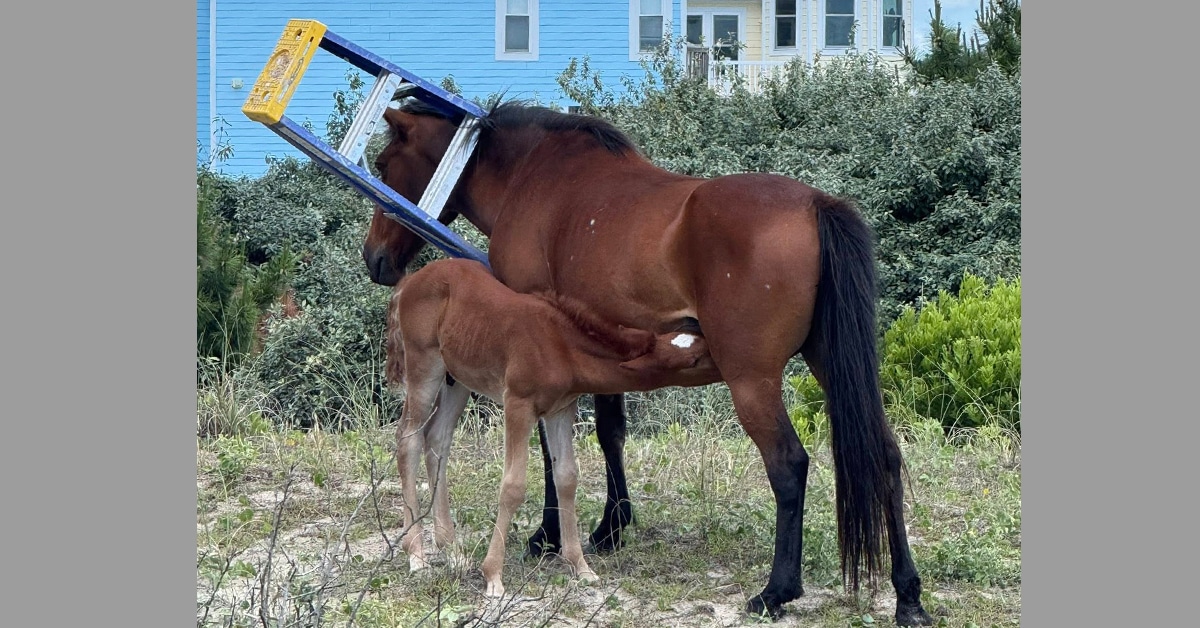The U.S. lead bodies in reining both say they wish to continue a relationship with the FEI, following its decision to terminate the cooperation agreement formalized in 2014.
In separate statements issued yesterday, the National Reining Horse Association (NRHA) and the American Quarter Horse Association (AQHA) revealed they were told only on November 19th, the same day the decision was publicly announced during the FEI general assembly in Bahrain.
AQHA refutes it has breached the agreement. Oklahoma-based NRHA says that after “months” of discussions its leaders offered to visit FEI headquarters [in Lausanne, Switzerland] in January to maintain the relationship, but claims the FEI declined.
The FEI has previously said there were differences of opinion over age-related competitions, stewarding and anti-doping policy. NRHA (founded 1966) and AQHA (which recognized reining in 1949) both point out their long history in reining, prior to it becoming a FEI discipline in 2000.
The two statements go into more detail about the contested issues than was disclosed by the FEI.
NRHA says the cooperation agreement was mostly put together to cover the FEI World Equestrian Games, a small number of other shows primarily in Europe, and demonstrations at Olympic-related events.
The FEI specifically required a competition for seven-year-old and over horses under the authority of the relevant national federation. NRHA says all NRHA reining classes for that age group would thus have to be FEI-approved and regulated. Vice president Mike Hancock added: “After discussions with show management teams, we discovered how complex and expensive this would be for them.
“In the end, we felt it would be more detrimental to the growth of older horse competition to move forward with this concept. However, we are hopeful to discuss other opportunities for future growth and mutual benefit with FEI.”
The statement added: “Even as the future of the FEI World Equestrian Games is being questioned, NRHA believes reining is on strong footing with members in approximately 40 countries. This includes a well-established membership in Europe who have helped solidify the expansion of reining and the NRHA European Futurity and Derby.”
AQHA says it does not offer a class specifically for horses aged seven and over. Its open divisions are for junior (five and under) and senior (six and under).
Regarding medication control, AQHA says it has been drug-testing since 1973 “establishing itself as a leader in welfare among equine breed associations,” that its approach is consistent and when notified of the FEi suspension for doping it has afforded reciprocity
AQHA added: “AQHA stewards are trained and tested to protect these [equine] athletes and, most importantly, to protect the breed, advance animal welfare and ensure the integrity of the competition, including reining.
While the FEI has zero tolerance for all prohibited substances, NRHA allows a range of anti-inflammatories at threshold levels. In contrast to the tougher FEI approach, NRHA may give first offenders a warning only for positives involving controlled medications or FDA-approved forbidden substances.
AQHA already has provisions to bar suspended persons from setting foot on a showground in any other capacity – something the FEI has only just brought in, effective from January 2019.
More News









